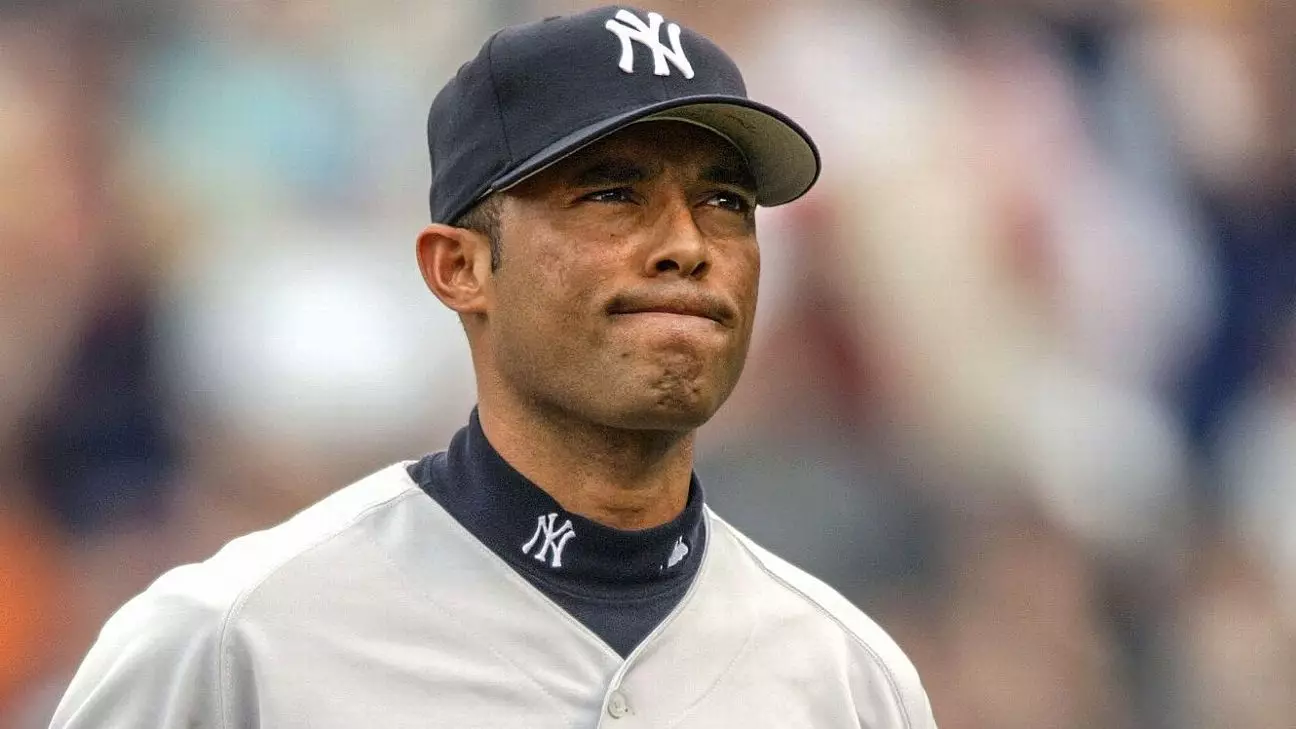The recent lawsuit against Mariano Rivera, the famed New York Yankees pitcher, and his wife, Clara Rivera, has sent shockwaves through both the sports community and the world of faith-based organizations. At the heart of these accusations lies a harrowing story of alleged neglect surrounding the protection of a young girl from sexual abuse during a summer camp trip orchestrated by their church, Refuge of Hope. This article aims to unpack the details of the case, assessing the legal implications and broader societal concerns that arise from such serious allegations.
The lawsuit, filed this month, describes a disturbing sequence of events dating back to 2018, when the young girl—identified in the suit as being born in 2007—was a mere 10 or 11 years old. It is alleged that during a summer camp at Ignite Life Center in Gainesville, Florida, she was repeatedly sexually abused by an older camper. The Riveras, described as figures of notoriety known for their charitable work, reportedly became involved following concerns raised by the girl’s mother regarding her daughter’s safety.
According to the filings, when the mother expressed her fears, the Riveras flew from New York to Florida to investigate. Instead of taking action to protect the girl or address the allegations, the suit claims they opted for isolation tactics, pressuring the victim to suppress her traumatic experiences. The implications of these actions—whether intentional or otherwise—paint a troubling picture of how alleged misconduct by trusted adults can exacerbate the trauma of a vulnerable child.
In response to the accusations, Joseph A. Ruta, attorney for the Riveras, firmly denied the allegations, stating that they had only become aware of the claims in 2022 after a financial settlement request was made. He emphasized their commitment to serving underprivileged children and positioned the couple as victims of “false allegations.” This defense appears to pivot the narrative from the troubling accusations to one of character, suggesting that the Riveras are being unfairly targeted.
However, the legal landscape of this case is complex. The lawsuit has been filed against the Refuge of Hope church but not directly against the Riveras. This legal strategy raises questions about accountability—who is responsible for the safety of children in religious summer programs? The broader societal implications of child protection laws and how organizations respond to allegations of abuse are critically examined in light of these developments.
The complaint does not only highlight events from 2018; it also details subsequent abuse the girl experienced in 2021, this time at the hands of a male youth leader from the same church. The mother’s discoveries, prompted by reviewing electronic communications, led to renewed allegations with police reports filed in both New York and Florida.
The chain of events depicted in the lawsuit illustrates a tragic pattern of exposure to risk, where the child’s safety seems continuously compromised. Adam Horowitz, the attorney representing the girl, stated that the Riveras failed to mitigate risks once they learned about the initial abuse. This assertion further compounds the gravity of the situation, with each occurrence marking further failure in the protective responsibilities entrusted to church leaders.
Cases like this illustrate the significant barriers that often hinder the reporting of abuse. Victims frequently feel silenced not just by their personal trauma but also by the systemic pressure to adhere to community norms and the fear of backlash. The lawsuit suggests that the pressure to maintain a polished image for the church and its leaders may have contributed to a culture of silence.
While this event has garnered significant media coverage due to the status of the Riveras, it also shines a light on a broader issue: the necessity for safe environments for children within religious contexts. Both faith-based and secular organizations must prioritize child safety by implementing strict reporting procedures and transparency policies to ensure that allegations of abuse are taken seriously and addressed promptly.
As the lawsuit progresses, it is essential to consider the advocacy for victims of abuse that emerges from such high-profile cases. The unfolding narrative brings to the forefront critical discussions about accountability, the mechanisms of power within organizations, and the importance of protecting the vulnerable. It serves as a reminder to communities everywhere about the obligation to listen to, believe, and protect those who come forward with their stories. The repercussions of this lawsuit may resonate beyond the Riveras and the church, prompting essential conversations about child safety in all realms of society.

